

A Newark neighborhood takes on a toxic trash incinerator.
January 22, 2021
From her car, Maria Lopez-Nuñez could see the huge clouds of purple and pink smoke billowing from New Jersey’s largest trash incinerator.

“We’re used to seeing smoke coming out of those smokestacks. But to see bright pink and purple!” she says, incredulously.
“We said something’s up. Somebody’s got to look into this.”
Soon, phone calls streamed in from other residents of Newark’s working-class, mostly immigrant Ironbound neighborhood.
People were calling Lopez-Nuñez because she serves as the deputy director of organizing and advocacy at the Ironbound Community Corporation (ICC). Many Ironbound residents know ICC as the organization that runs after-school programs or puts on the local farmers’ market. The organization also takes on obstacles that stand in the way of community health, including housing discrimination, police brutality — and air pollution.
The smoke that seeped from the incinerator throughout the summer of 2019 was far more than just something to gawk at. Months later, residents would recognize it as evidence. The incinerator had been impermissibly burning toxic iodine that could harm their health.
In partnership with Earthjustice and Vermont Law School’s Environmental Advocacy Clinic, ICC has pushed the incinerator’s operator, Covanta, to take responsibility for the waste it emits into the surrounding community. (Read a report on New Jersey's incinerators and trash energy.)
But the fight to make Covanta clean up its act is just one front in a larger battle the Ironbound is waging against a long history of industrial polluters treating the low-income, largely Black and Brown community as a dumping ground. Its successes may offer something of a roadmap for communities across the country that suffer from similar histories of environmental discrimination.
“Race and class must be at the front of the conversation,” says Lopez-Nuñez. “These things are not an accident. They’re never an accident.”

Depending on which story you hear, the Ironbound community got its name either from the rail lines that surround it or from the metalworks that clustered there in the 19th century. The neighborhood has been a destination for immigrants in need of affordable housing and blue-collar jobs for more than 100 years.
Today, a language besides English is spoken in more than 80% of Ironbound households. Some 200 restaurants serve everything from Portuguese and Spanish cuisine to Brazilian and Dominican.
“There’s a lot of beautiful things in the community,” Lopez-Nuñez says. “I’m proud of its tightknit nature. We always struggle back.”
“There’s a lot of beautiful things in the community.”
Maria Lopez-Nuñez
Deputy Director of Organizing and Advocacy at the Ironbound Community Corporation
“The community also borders one of the most polluted bodies of water in the U.S. The Passaic River runs thick with toxic chemicals left over from the region’s industrial past, including dioxin — a highly carcinogenic pollutant discharged through manufacturing the chemical weapon Agent Orange in the 1950s and 1960s. Other factories dumped mercury and other heavy metals, as well as thousands of pounds of toxic PCBs, into the noxious mix. And in the air over the Ironbound, fumes from diesel trucks mingle with the smell of a nearby sewage plant.
Lopez-Nuñez believes the Ironbound has become a sacrifice zone for wealthier, White suburban communities that don’t want to bear any toxic burdens.
“In New Jersey pollution is racially segregated, and we see the effects of that,” she says. “Our health statistics don’t look great. When I think about the White suburbs — Montclair and Summit, New Jersey — they have a lot of green lawns. They have a lot of trees. They don’t have fat-rendering plants and natural-gas plants and sewage-treatment plants.”
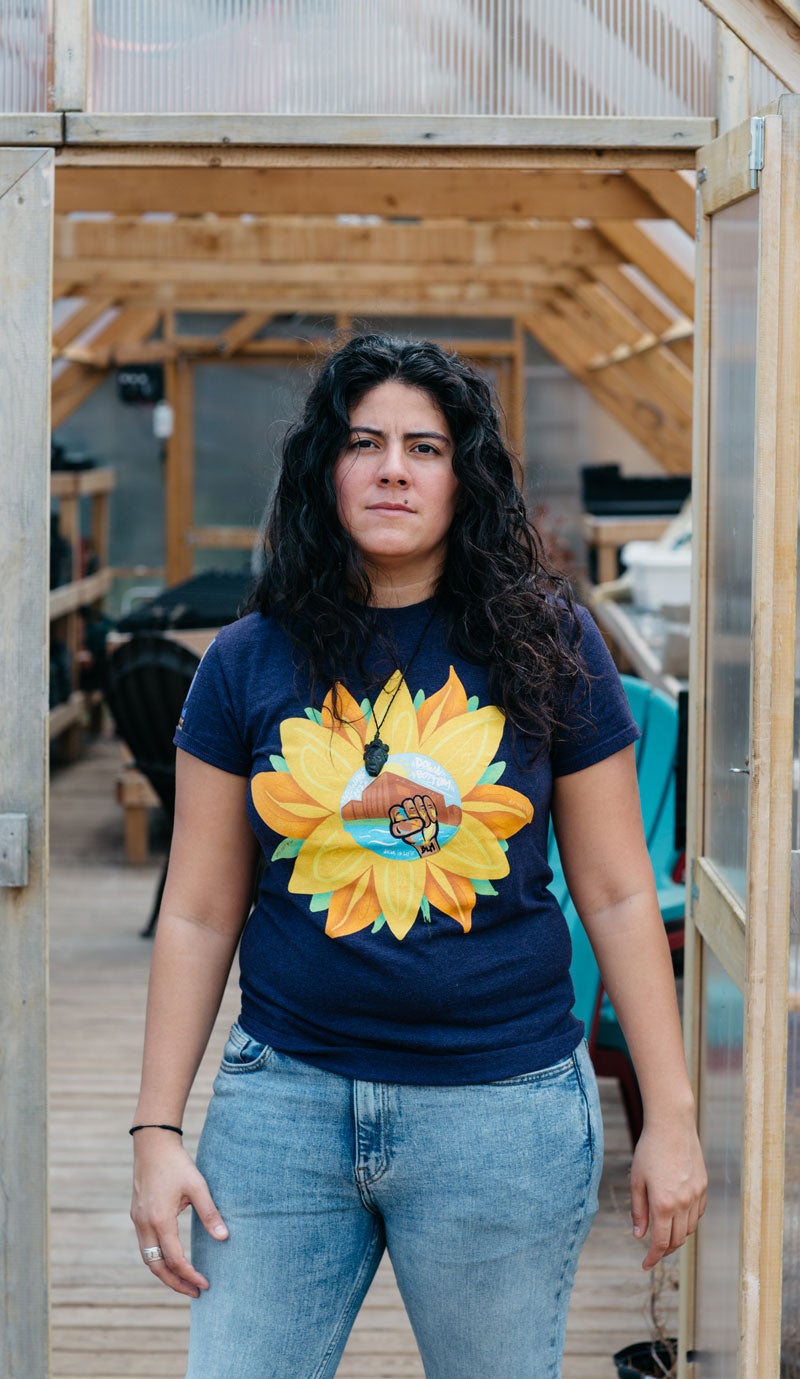
These connections between race and pollution are no accident. In the 1930s and 1940s, federal housing officials drew lines around communities where they refused to insure home loans. The “redlined” areas tended to be communities of color, especially Black communities. The Ironbound was one of these neighborhoods. Government officials declared it “hazardous” and “a slum.” The designation closed off investment and wealth-building opportunities.
Ironbound residents are exposed to some of the nation’s highest levels of just about every kind of harmful air pollution the Environmental Protection Agency monitors. Across Newark, the rate of emergency room visits for asthma is triple the rate in the rest of New Jersey.
But ICC didn’t set out to fight for environmental justice when it launched in 1969. It started as a childcare provider for working women. In the decades that followed, the organization determined that a steady stream of chemical contamination and industrial explosions was standing in the way of its core mission.
“We realized even if you invest in kids’ education, their life is going to face a lot of challenges if you don’t address environmental and other social issues,” Lopez-Nuñez says.
ICC’s effort to battle pollution began in the 1980s and gathered steam as other Black and Brown community groups began tackling environmental racism. The toxic purple plumes are just the latest of many fights ICC has taken on.
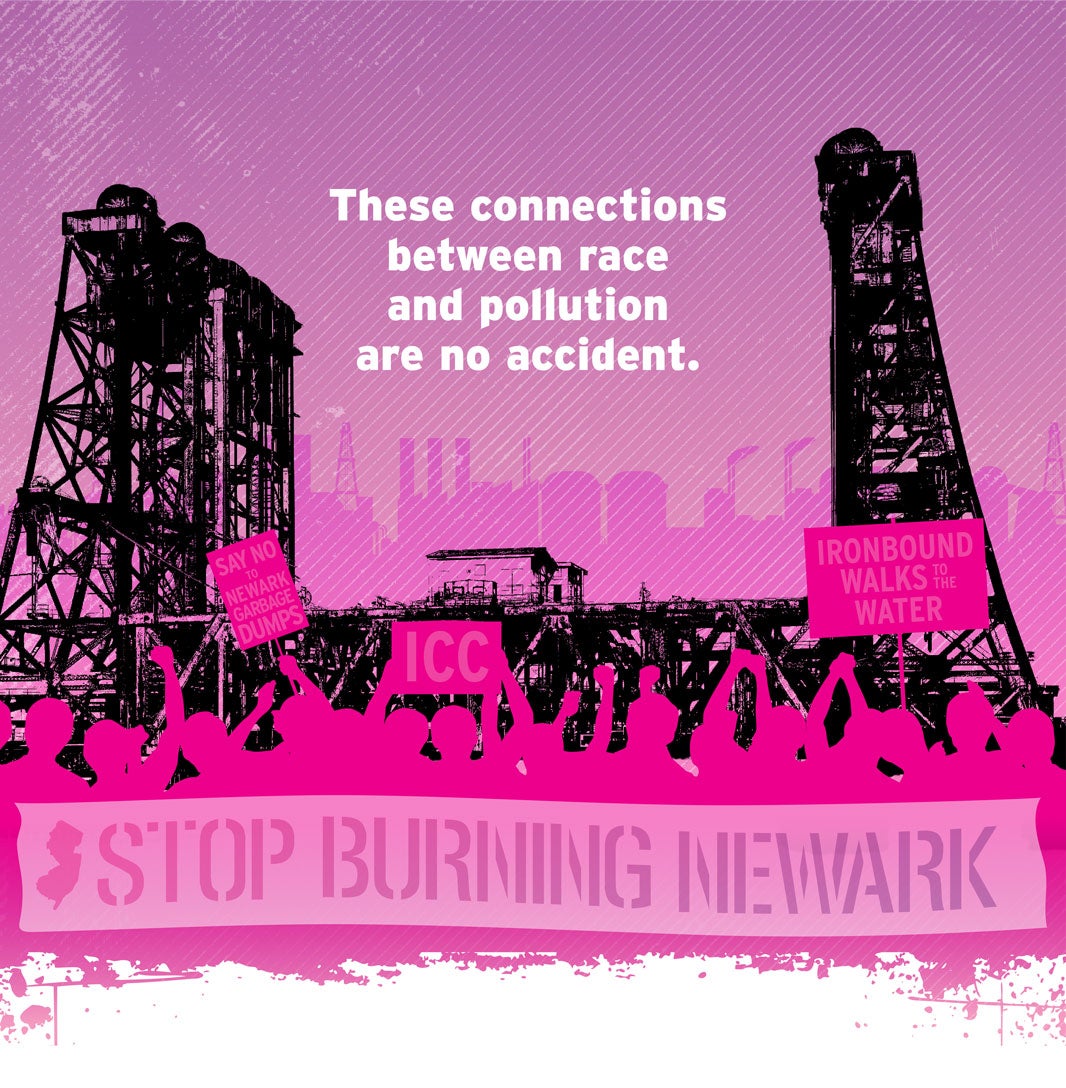
The Covanta incinerator is a repeat offender. Since 2004, the facility has racked up some 800 air permit violations for exceeding pollution limits or failing to have necessary safety measures in place.
So when Covanta initially blamed the cotton candy-colored smoke on a hospital that had improperly disposed of medical waste, and claimed that the discharge didn’t pose any health risks, residents weren’t inclined to believe them.
In the summer of 2019, ICC got in touch with Earthjustice. Both groups had already worked together to strengthen protections in air permits for gas plants in the Ironbound. Alongside the Environmental Advocacy Clinic at Vermont Law School, Earthjustice helped the organization draft a letter calling on state officials to investigate whether Covanta had violated its air and waste permit.
During a meeting in December 2019, Earthjustice learned the New Jersey Department of Environmental Protection would investigate the matter. As the investigation moved forward, Covanta officials changed their tune. Previously they had said the colored smoke was coming from “the same material used for cleaning or disinfecting cuts,” but later, they acknowledged it was from waste that a pesticide manufacturer had improperly disposed of.
Inhalation of iodine, the chemical that Covanta was burning, can lead to lung irritation, coughing, and shortness of breath. Higher levels of exposure can cause bronchitis, thyroid gland disturbances, and liver and kidney damage.
“It just so happens that the iodine is visible,” Lopez-Nuñez says. “It makes me wonder about the emissions that we can’t see. It’s just a constant reminder that we don’t know the different negative health-harming substances that burn on a day-to-day basis.”
In October, Covanta agreed to a consent order drafted by the New Jersey Department of Environmental Protection that requires the company to develop new waste management practices, improve employee training, conduct a health impact assessment and install monitoring cameras. The agency also fined Covanta $24,000 for violating the state’s Air Pollution Control Act.
“The Ironbound community is emblematic of what we have found around the country where working-class communities of color have been targeted by polluters,” says Earthjustice attorney Jonathan J. Smith. “These communities are carrying a much bigger burden of harmful substances than they should and paying for it with their health. That must change.”
ICC is working to make sure the incinerator follows through with the changes that the agreement calls for. The organization is also working on more sweeping solutions. For one thing, they want incinerators to stop getting millions of dollars in renewable energy subsidies for burning waste.
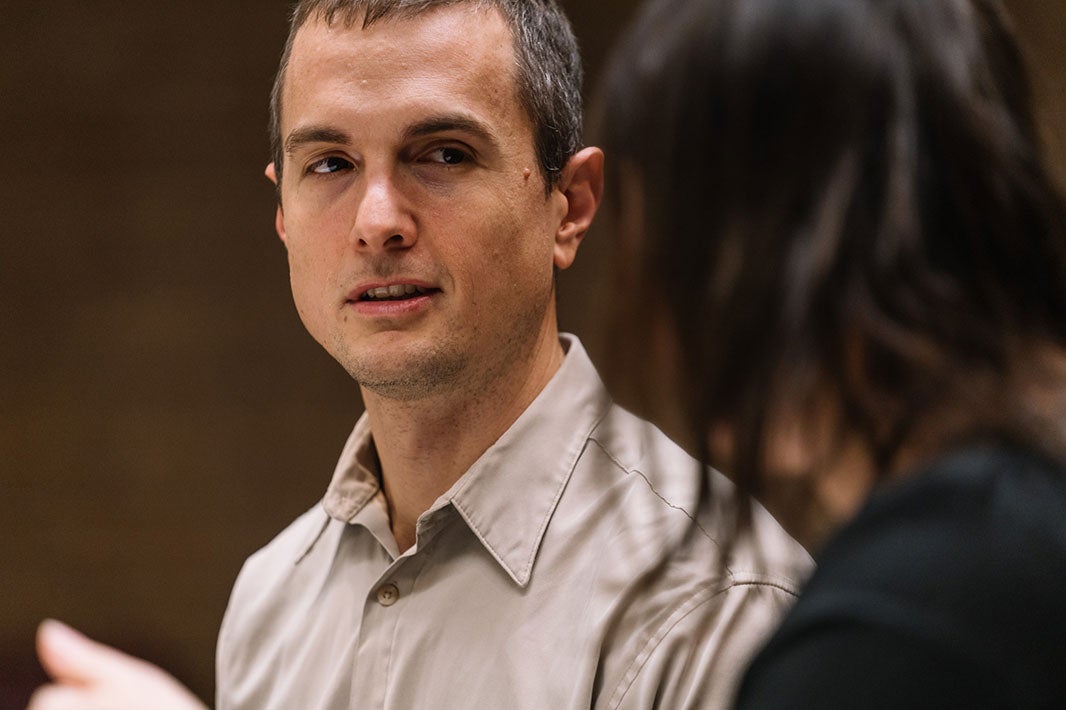
New Jersey law requires that a certain amount of the energy that utility companies supply must come from renewable sources. Those sources include solar power, wind, and trash incinerators. In theory, the incinerators can sell this so-called green energy only if they meet “the highest environmental standards” and minimize impacts to local communities.
“But in reality, all the incinerators in New Jersey have had air violations” says Smith. “And they still sell ‘renewable’ energy.”
Smith says it is deeply problematic that people pay extra for electricity thinking that their money goes to “clean energy,” but in fact some of that money is going to burning trash, which causes massive amounts of pollution in communities already overburdened with toxic pollution.
The state’s five incinerators have received an estimated $30 million in subsidies through this renewable energy program, and the most polluting of these incinerators are in communities of color.
In the spring of 2020, Earthjustice, Vermont Law School’s legal clinic, ICC, and the New Jersey Environmental Justice Alliance called on New Jersey regulators to cut polluting incinerators out of the subsidy program. State officials are currently weighing the proposal.
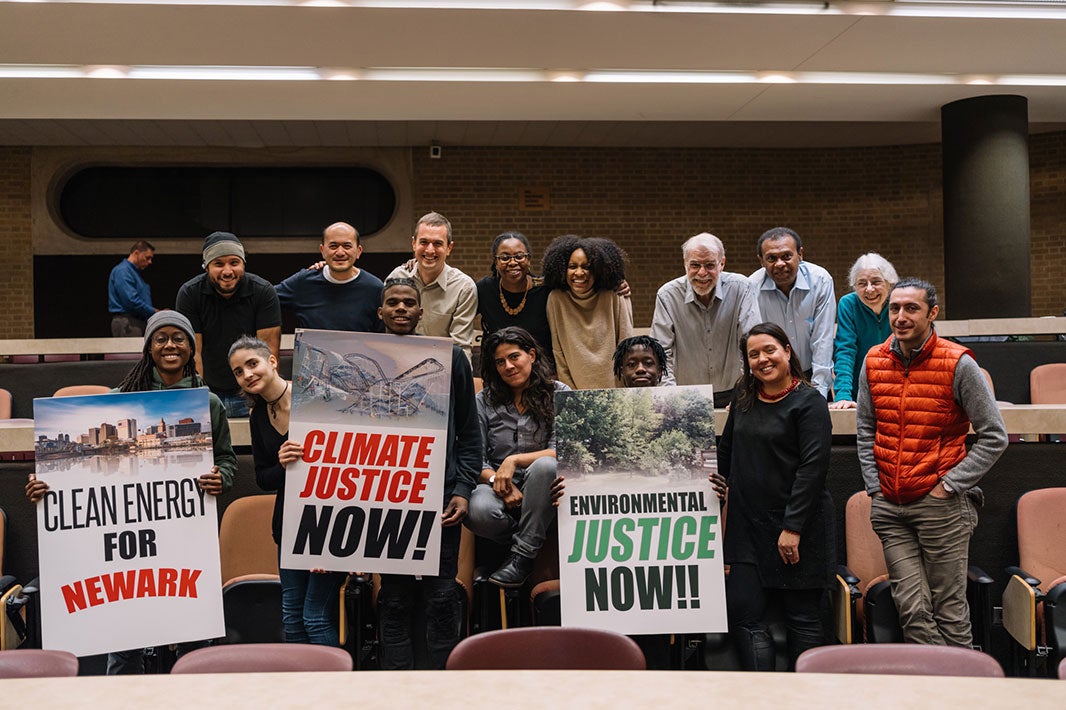
There’s reason to believe that New Jersey is reaching a turning point when it comes to environmental justice. In September, ICC helped pass a law that may be the strongest environmental justice provision in any state. It requires the Department of Environmental Protection to deny certain types of pollution permits to a business if the pollution would impose a disproportionate burden on a community that’s substantially low-income or a community of color.
Lopez-Nuñez explains that the bill encountered pushback for 12 years before it was finally passed.
“There was definitely a lot of opposition,” she says. “To say pollution is connected to race makes people uncomfortable. Industry wants no limits. They always want no limits. But having lived experience in the conversation lets people know this is not just a theoretical conversation. We’re talking about people’s lives.”
Lopez-Nuñez says ICC is trying to fend off gentrification and displacement. New zoning rules allow for higher-density housing and buildings with more floors. And with developers looking for cheaper land to exploit near New York City, existing residents fear that new housing catering to upper-income residents would push up rents and push out blue-collar residents.
But whatever challenges the Ironbound faces, Lopez-Nuñez is determined to continue fighting.
“We just want what everybody else has without being displaced,” she says. “We think Black and Brown people deserve nice things. We deserve clean air, healthy food, and we want to have a relationship with the land without corporate invasion every day. We don’t want our community to just survive, we want our community to thrive.”
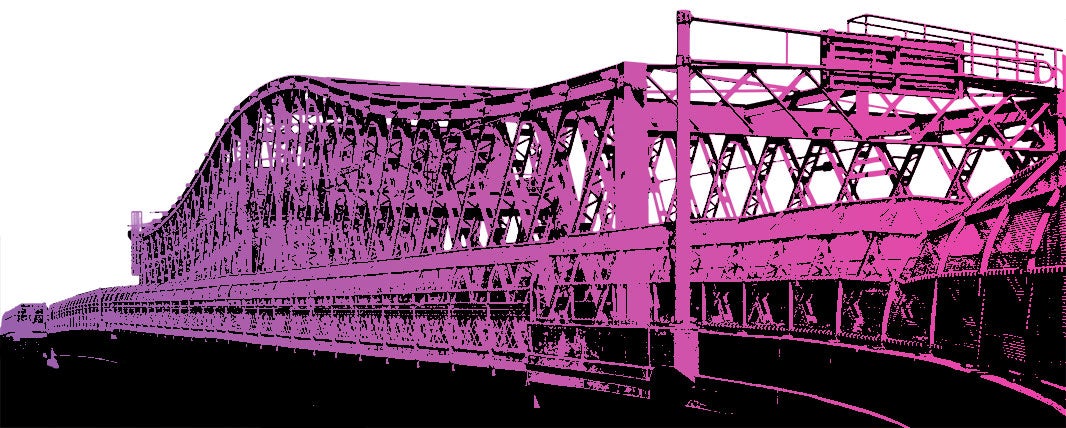
Jonathan Smith, senior attorney in the Community Partnerships Program, joined Earthjustice in 2014.
Keith Rushing, Earthjustice’s national communications strategist for Justice & Partnership Storytelling, is a communications professional with a passion for social justice issues. @krush526
Earthjustice’s Community Partnerships Program works hand-in-hand with frontline communities fighting for a safe, just, and healthy environment.